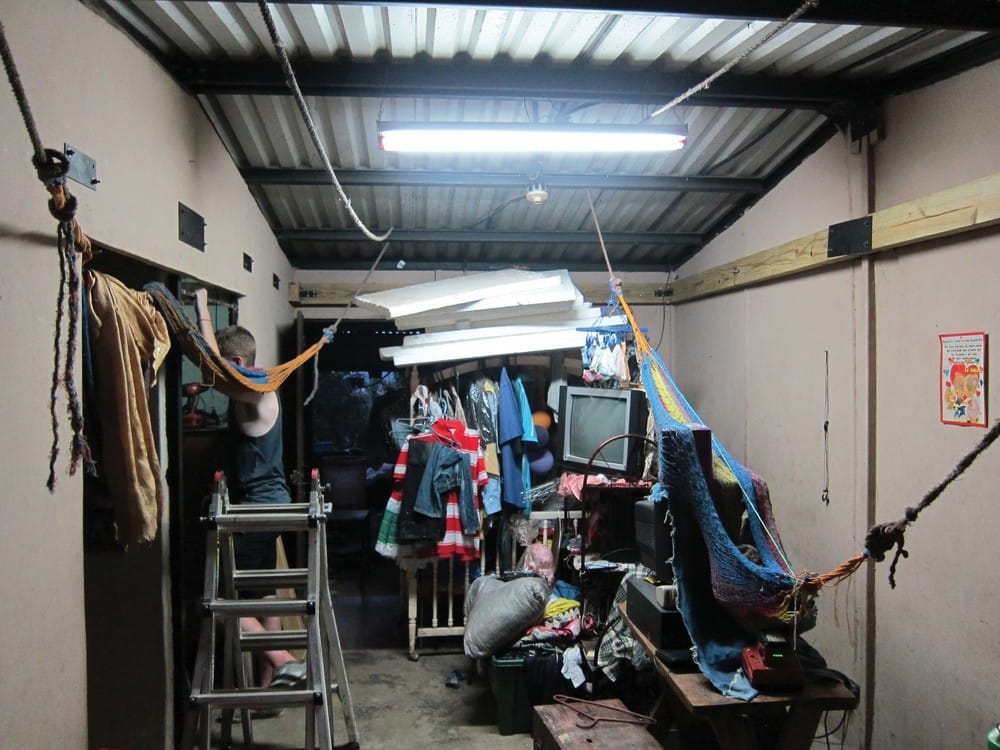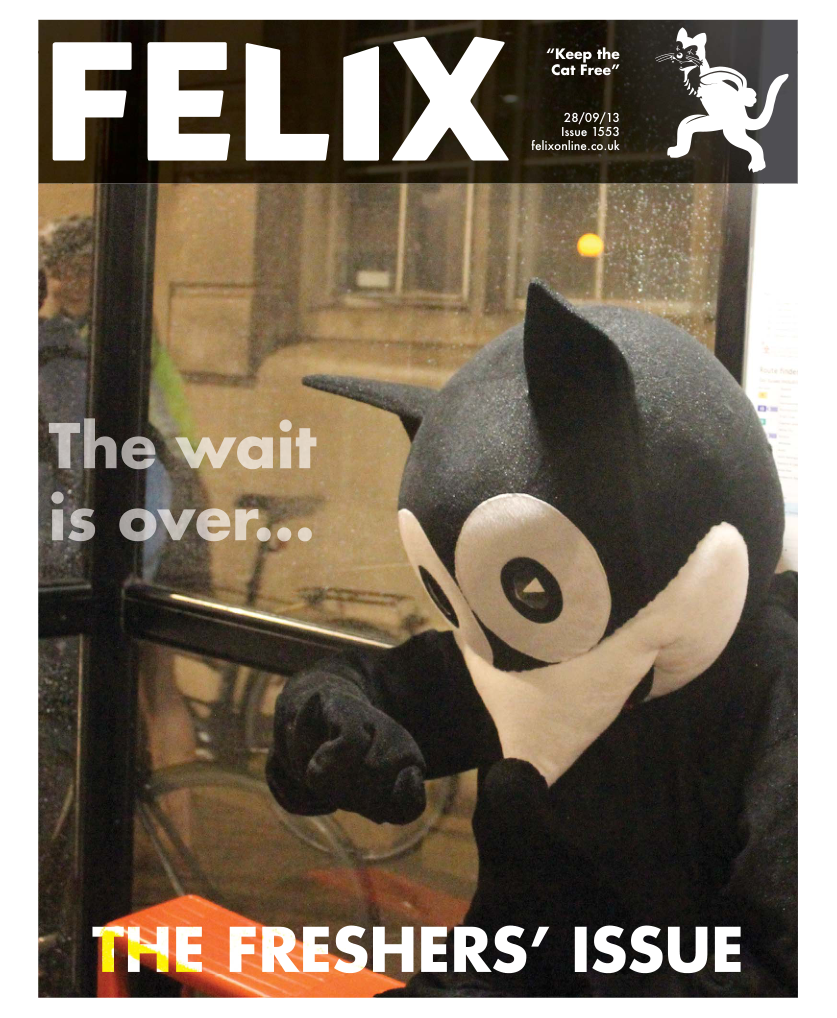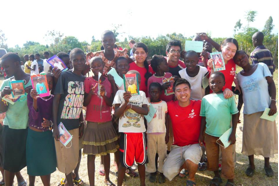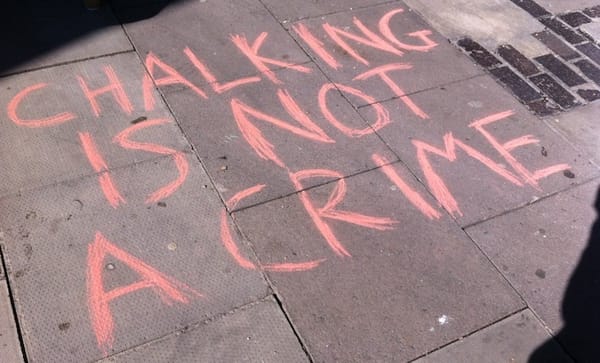The El Salvador Project
Robert Wright reports back from their latest construction project

This summer, the annual El Salvador Project saw a team of 10 Imperial College students once again embark on a journey to Central America. Their mission this time was to upgrade a set of houses constructed in 2008 that, following a structural analysis by the engineering consultancy ARUP, were deemed to be dangerously unstable under certain seismic conditions. El Salvador being a seismically active part of the world meant that a retrofit was in order.
The retrofit was initially trialled in 2011 in a small village in El Salvador known as Costa Rica (confusing, we know). Here, a total of 28 of these houses were retrofitted. As part of this year’s project, the team visited Costa Rica in order to check whether there had been any earthquakes and more importantly the condition of the retrofitted houses. Thankfully all 28 houses were standing despite some reported seismic activity, which, together with some minor modifications, gave us the green light to continue with this year’s retrofitting project in the much larger town of San Jose Villanueva.
San Jose Villanueva is home to approximately 20,000 people so it naturally takes on a different feel to the previous village, which was mainly jungle terrain with a very large lake. The team stayed in the centre of town in a rented house that was equipped with two rooms (an open plan kitchen and bedroom for ten), an outside flushing toilet (the team were thrilled after a week of the latrine in Costa Rica), plumbing that only worked intermittently due to water shortages, and finally a local shop worker Jordie (the other tenant and man-with-the-plan should anything in the house break). And oh did it break. Blocked toilets, burst pipes, leaking roofs, this was definitely not living the life of Riley.
When we weren’t battling it out with the day to day difficulties of living in a third world country, we were of course retrofitting houses. When we first arrived in town we had a meeting with the community in order to find out who wanted the work done and when would be a convenient time for us to visit their home and carry out the work.
The actual retrofit involved bracing the existing structure with timber beams as shown in the picture. This is done by bolting the internal beams through the wall to external steel plates positioned at each column. In addition, existing wall cracks are filled with a local substance known as ‘Cemento Plastico’ , and the house is painted with waterproof paint to help protect against the monsoon season. The project is hands on, with the entire team practising their DIY skills through the use of power tools and a good old fashioned hammer. We try to get the locals involved in the work too if they are willing, and this helps to promote information exchange and skills development. The official language in El Salvador is Spanish and naturally we had translators with us to help do all this.
Whilst the weekdays were devoted to work, at weekends we went into tourist mode. The pacific side of El Salvador is a famous surf spot and the team spent some time here ‘surfing’ and chilling on the beach. Other weekend ventures included clubbing in the capital city San Salvador, tombstoning off 10m tall waterfalls (there are taller ones though if you dare), and a trip to ancient sites containing Mayan ruins. This year’s project has been a great experience and we hope the work has been beneficial. The project this year has undergone a slight transformation what with a committee now in place to oversee the running of the project and new long term objectives that focus on engineering, evaluation and education. As in previous years, we continue to work with the UK registered charity Engage for Development (founded by Imperial College alumni) and the local NGO in El Salvador, REDES, who advise and help out.
Recruitment for summer 2014 will soon be underway. Students in the Department of Civil and Environmental Engineering (where the project is based) will automatically receive a recruitment email, but applications from students in other departments are also welcomed. If you’d like to join us, just follow us on Facebook (facebook.com/ElSalvadorProject) or Twitter (@IC_ESP) and look out for the recruitment email. We’re particularly interested in hearing from Spanish speakers. For information and enquiries, email us on elsalvad@imperial.ac.uk or check out our website at www.elsalvadorproject.org.uk.









